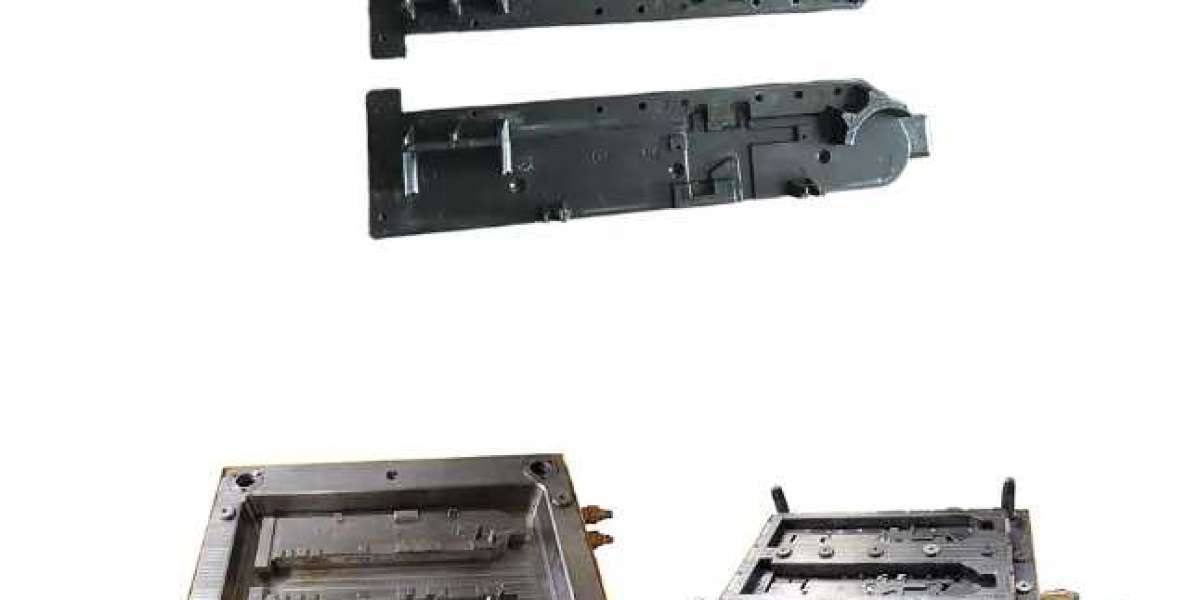Quality control is a critical aspect of manufacturing automotive plastic moulds. Ensuring that each mould meets strict quality standards is essential to producing high-quality and reliable plastic components for vehicles.
The quality control process begins with the selection of high-grade materials for mould construction. These materials must be able to withstand the high pressures and temperatures involved in the injection moulding process while maintaining dimensional stability and durability.
Next, advanced manufacturing technologies, such as CNC machining and EDM (electrical discharge machining), are used to produce precise and accurate moulds. Computer-aided inspection systems are also employed to verify the dimensions and tolerances of the moulds before they are used in production.
During production, regular inspections and testing are conducted to monitor the performance of the moulds and ensure consistent part quality. Any moulds that do not meet the factory's stringent quality standards are either repaired or replaced to maintain the integrity of the manufacturing process.
In conclusion, quality control is paramount in automotive plastic mould manufacturing. By ensuring that each mould meets strict quality standards, manufacturers can produce reliable and high-quality plastic components that meet the demands of the automotive industry.







